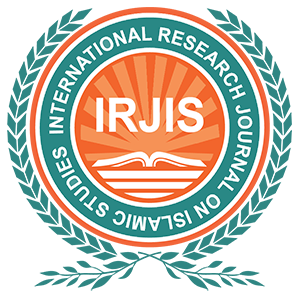Abstract:
Indeed, Allah, the exalted has revealed His book to the Prophet Muhammad (Peace be upon him) and made it a proof of Prophetic authenticity. Almighty Allah, for the service of His book, created numerous people who spent their lives to elucidate the meanings and purposes of the holy Qur’ān according to their deductive and extractive capabilities. It is worth mentioning that the verses of the holy Qur’ān are of two types; one is unalterably fixed (muḥkam) which has a clearer meaning and cannot be subject to change or abrogation. While the other is unintelligible (mutashābih) this has multiple intending and subject to further investigation. In which the intellect, rational and logical understanding has a significant role to play for the suspension and otherwise the Lawgiver’s intention. And thus, in this case, juristic personal inferences can be expanded to various connotations for clarity or ambiguity to establish a real and ultimately required prescription. Resultantly, this breadth caused diversity among the Qur’ānic exegeses. Therefore, the present study provides a historical overview of disagreement(s) between the Qurānic commentators of the classical Islamic era; to let the readers know whether such discrepancy has arisen from assorted documented scientific and interpretational reasons? Or whether their dissension is based on their desires, incongruity, stinginess, haughtiness, or something that is a result of fanaticism and zealotry? Consequently, this research presents the origin and development of the disparity in Qur’ānic interpretation. Similarly, it also shed light on the aspect of those who laid the foundations of this field. More particularly, the companions, their successors and those who followed them in performing the duty of discernment miscellaneous meanings of the holy Qur’ān; make personal inferences by meditating Qur’ānic verses juristically, lexically and syntactically. Correspondingly, the breadth of ideas about the development of time; diverseness because of the dissimilar events along with the history of dissonance(s) in Qur’ānic interpretation keeping in view various periods and the stages of its emergence will be the center of debate in this article.
Keywords: Disagreement, Interpretation, Commentary, Qur’ān, Sharī‘ah, Islamic Law

